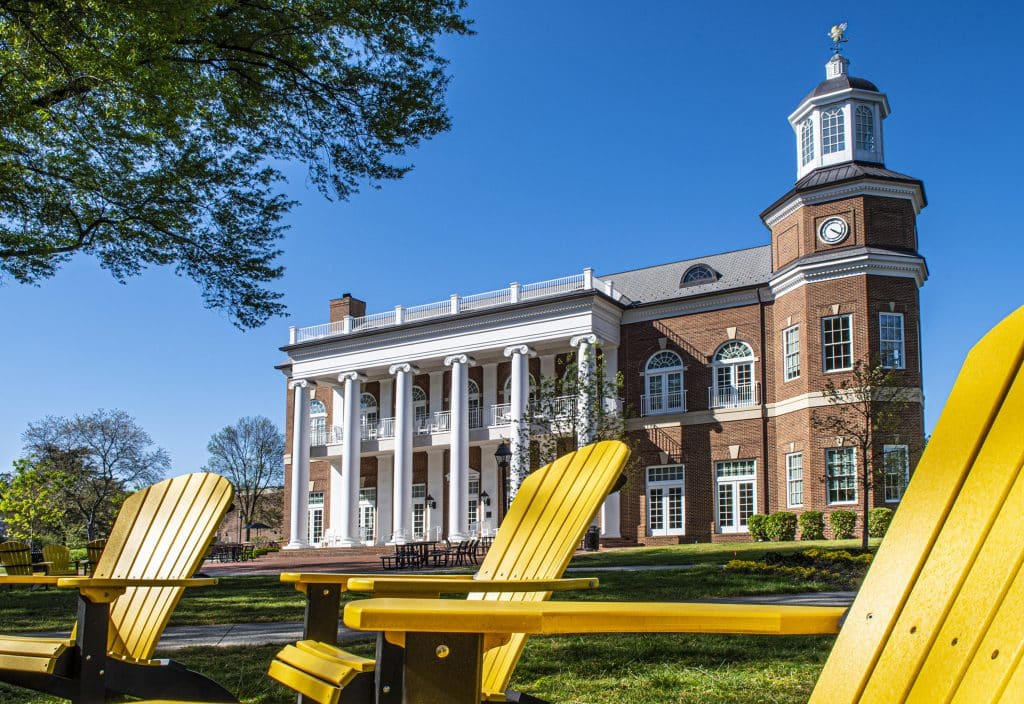
As brisk winds sweep across the rolling landscapes of Virginia, a familiar season descends upon the state: election time. While the buzz and frenzy of the upcoming presidential election in 2024 may already be looming, it’s crucial not to underestimate the significance of this year’s midterm elections. These midterms hold a potency that rivals, if not surpasses, the gravitas of the forthcoming presidential contest.
At the helm, we find Governor Glenn Youngkin steering the ship for Virginia’s executive branch. Yet, the real battleground in 2023 is in the General Assembly, where 140 seats are up for grabs, complete with new district boundaries drawn from the 2020 census. This election carries the potential to redefine the political landscape in Richmond and has far-reaching consequences for Virginians.
The fight for the legislative branch should not be minimized. Key issues, such as abortion and Second Amendment rights, hang in the balance and could take on an entirely new complexion in just a matter of years.
Of paramount importance is the classic tussle over a handful of House and Senate seats that could reshape Virginia’s political topography. Currently, the House of Delegates tips favor the Republicans with a narrow 52-48 margin, while the Democrats hold the Senate 22-18. It has been a decade since the Republicans controlled the trifecta of the governorship, House of Delegates, and U.S. Senate. To put that in perspective: ten years ago, the iPhone 5S was all the rage, the Harlem Shake swept the nation, and Rockstar Games unveiled their all-time best-selling video game.
For the past decade, Virginia seemed poised to shift from purple to a solid shade of blue, emulating the political landscapes of the west coast or New England. However, Youngkin’s 2021 election victory blew that momentum, even turning previously Democratic-voting areas like Virginia Beach, into a sea of red.
If Youngkin can flip the Senate and retain control of the House, the prospect of Virginia as a solid blue state may dissipate for the time being, giving way to a more dynamic political landscape. The odds appear favorable, with President Biden’s approval ratings waning and Youngkin enjoying better favorability with voters.
This election brings a significant influx of new legislators who have the potential to reshape the dynamics of Richmond. With at least 40% of the Senate and 33% of the House welcoming fresh faces, a geographic power shift is inevitable, regardless of the election’s outcome. The reins of Senate finance, previously held by Northern Virginia representatives, may pass to Portsmouth or Mecklenburg depending on the victors.
While the grandeur of presidential elections may steal the limelight, the groundwork for change begins at the grassroots, on the local level. State and local governments wield authority over emergency services, public works, education, public transit, and parks – all issues directly impacting citizens long before federal policies do. It’s at the state level where the seeds of change are sown, eventually taking root at the national level, for federal guidelines often originate as state initiatives.
Ultimately, the determining factor in this crucial election lies in the hands of the voters themselves. Historically, Virginia’s state elections have seen low turnout, and a surge in participation could profoundly alter the results. At the local level, elections can be decided by a mere handful of votes, making it imperative for individuals to seize this opportunity to cast their ballots. Opting not to vote is tantamount to surrender, allowing the status quo to perpetuate its dominance. It’s time for Virginians to embrace their Democratic duty and shape the future of the Commonwealth.














